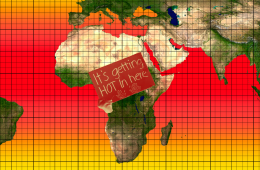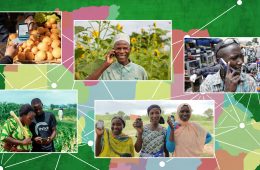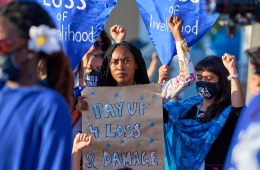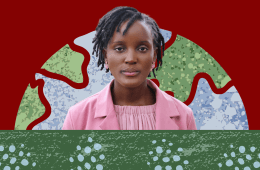Imperialism is the Arsonist of Our Forests
In 1986, Thomas Sankara delivered his famous speech, Imperialism is The Arsonist of Our Forests and Savannas, in which he denounced imperialism as the main driver of environmental destruction. Today, the climate crisis has become a pretext for imperialist economic expansion, leading to an urgent need to reorient the African climate justice agenda.












